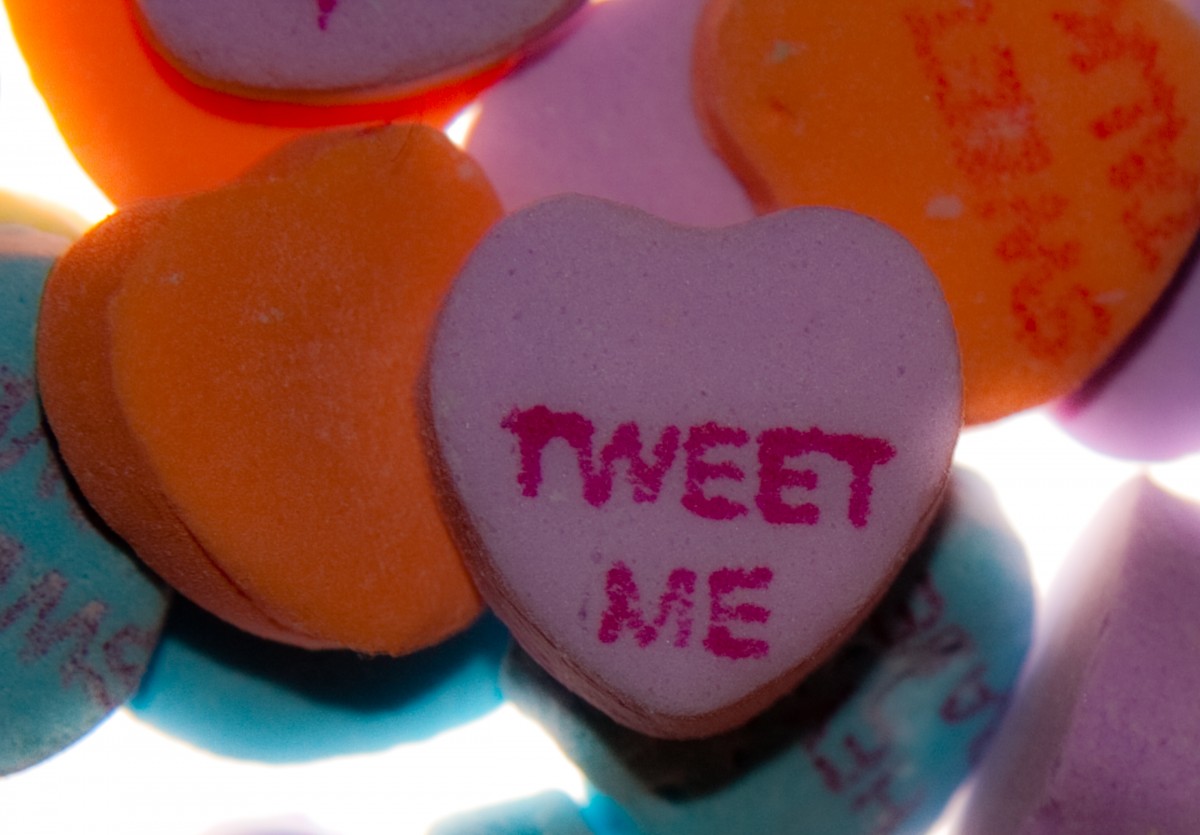Coronary heart disease could be a mere 140 characters away. Well, sort of.
According to new research from the Penn team that used Facebook data to predict users’ personality traits, Twitter can be an effective tool for predicting a community’s coronary heart disease rates. Essentially, the angrier your neighbors are, the more likely your arteries are going to clog up.
The research utilizes geotagged tweets and data from 1,500 U.S. counties to reveal a correlation between tweets with hostile language and coronary heart disease.
What they found is pretty surprising.
“Our analysis suggests that Twitter captures the psychological milieu of a community,” said Johannes Eichstaedt, the Penn Ph.D. student who led the study. “The psychology of people in your community can predict your heart disease rates to a certain extent.”
“If your community is hostile,” said researcher and visiting professor Andy Schwartz, “you’re more likely to die of coronary heart disease.” How so? According to research, basking in pessimism can lead to boozing harder, eating poorly and isolating yourself from other people — all indirect factors leading to heart disease.
Don’t misunderstand. There’s a big difference between causation and correlation in the information being presented here. The research isn’t necessarily solving the problem of what’s actually causing heart disease as much as indicating a relationship between the negative tweets in a community and that community’s general heart health.
Fucking ridiculous. “@KeystoneReport: York newspaper publisher: no cursing in newsroom: http://t.co/zLqF1yVz67”
— Brian P. Hickey (@BrianPHickey) January 15, 2015
//platform.twitter.com/widgets.js
“What we’re saying cannot be generalized on an individual level,” Eichstaedt says. “It’s less about who you follow [on Twitter] and more about what you write.”
Essentially, it’s akin to road rage. If you’re prone to road rage, it’s wise to stay out of traffic. Likewise, if you’re prone to heart disease, it’s wise to stay off Twitter.
On the contrary, however, the study also found that emotional tweets capturing feelings of excitement and optimism are associated with lower risk of heart disease.
https://twitter.com/MauryCompson/status/556926324796030976
How does this new research apply to Philadelphia county?
Eichstaedt says that while Philadelphia’s mortality rate from coronary artery disease is 2.5 percent below the national average, the tweets coming out of Philadelphia predict mortality rates to be 4.1 percent higher than that average. “So, Philadelphia has lower heart disease than its language would suggest,” says Eichstaedt.
Not so surprisingly, the Philadelphia Twitter community has a potty mouth.
The findings are expected to be published soon in the journal Psychological Science.
We’ve previously covered Eichstadt’s project to build an app that gives you a better hold on your emotions and Schwartz’s project to see how tweets can predict happiness.







